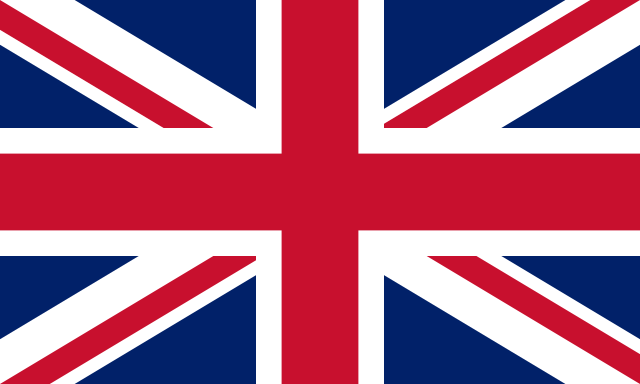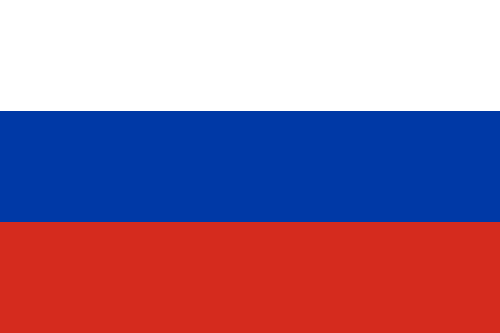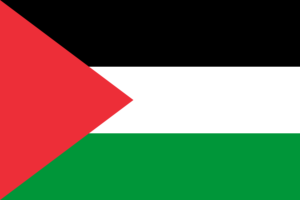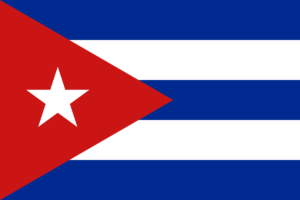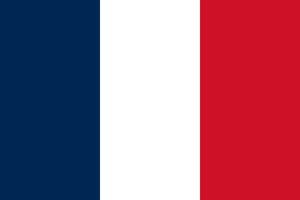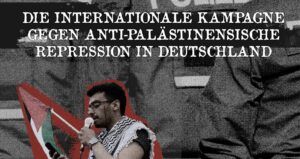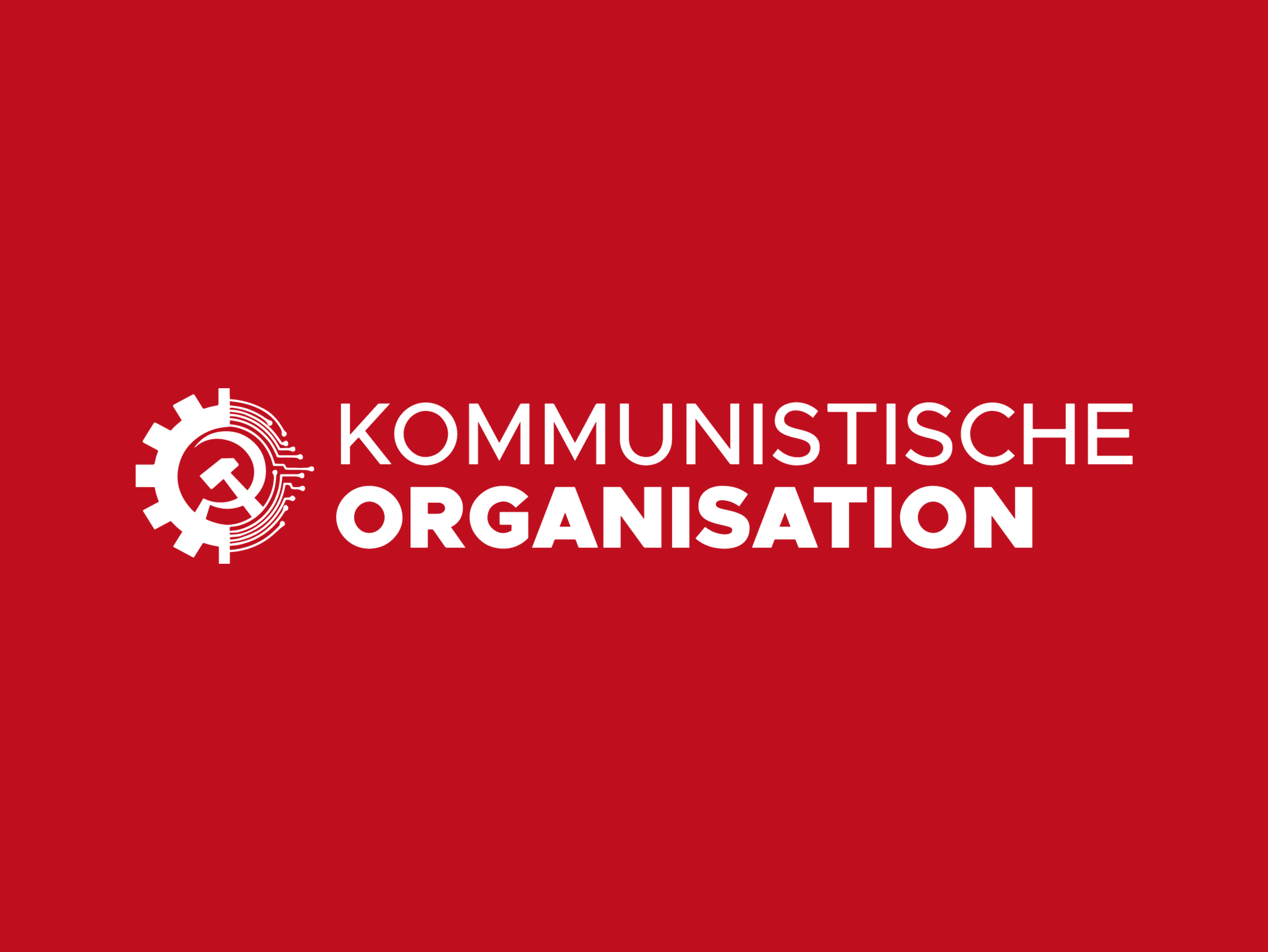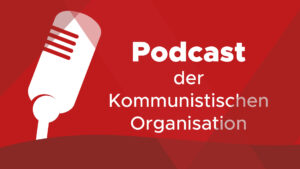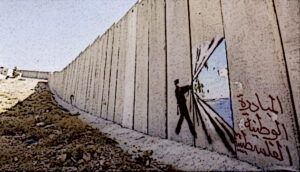“The national liberation struggle is a form of class struggle”. Interview with Anwar Khoury – Part 1
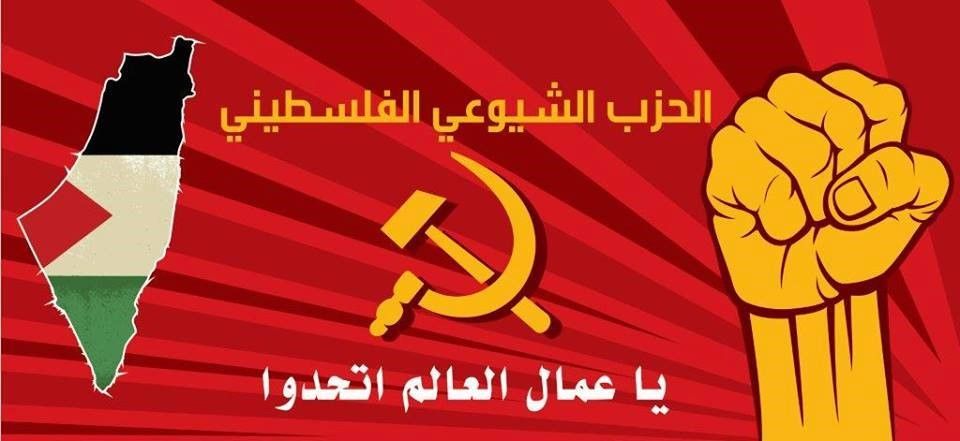
The following interview with Anwar Khoury, member of the Central Committee of the Palestinian Communist Party (PalCP), was conducted in the course of several conversations with PalCP comrades in autumn 2023 and spring 2024. Although the PalCP stands in the shadow of the larger and better-known left-wing organisations PFLP, DFLP and PPP, we consider it a relevant and interesting actor.
This is mainly due to their substantive positions: 1. They has rejected the two-state solution and has engaged in self-criticism, which is to her great credit. 2. it has historically opposed Gorbachev’s betrayal and, in retrospect, also Khrushchev’s revisionism, without at the same time veering onto a Maoist or Hoxhaist course. And 3. today it supports the real existing Palestinian resistance, including its Islamic factions, and at the same time refers positively to the “Axis of Resistance”.
With this interview we want offer the comrades the limited possibilities available to us to bring their positions more strongly into the German and English discourse – and we want to learn from this as KO and as part of the German and international communist movement. To this end, some of our comrades have already drawn attention to the positions of the PalCP in the past and we as an organization have published two Statements from it, one at the beginning of this year and another one for the Palestinian Land Day from it.
Part 1 of the interview introduces the PalCP, discusses the so-called two-state solution, the strategy of national liberation and the allies in the anti-colonial and anti-imperialist struggle in the region. Part 2 deals with the assessment of the PLO and the various resistance factions, such as Hamas and the PFLP, as well as the current situation in the Gaza Strip and the West Bank. The interview was conducted in the beginning of April 2024, is authorised by comrade Anwar Khoury and conducted by Noel Bamen.
Noel Bamen: Today’s Palestinian Communist Party (PalCP) was formed in 1991, when a large part of the then Palestinian Communist Party changed its name to the Palestinian People’s Party (PPP). What led to this and what was the reason for the split?
Anwar Khoury: First of all, I would like to point out that the first communist cell in Palestine was founded in 1919. Because of the founding of Israel, the communists were divided between three regions: First, the state of Israel; there they continued to work under the name Israeli Communist Party. Secondly, in the West Bank, where they became active under the name Jordanian Communist Party after the annexation of Jordan. And thirdly in the Gaza Strip under the name Palestinian Communist Party in the Gaza Strip. In 1982, after the recognition of Palestine by the Arab Summit Conference, the two parts of the party in the West Bank and the Gaza Strip were united as the Palestinian Communist Party.
After Gorbachev’s betrayal, a spurious conference was held in the name of the party, at which it was decided to abandon Marxism-Leninism. The word “Communist” in the name of the party was replaced by “people” and the statutes were changed to make “humanist thought” one of the sources of “analysis”; the hammer and sickle were abandoned as symbols of the party. Accordingly, those who remained loyal to the ideology rallied and refounded the party immediately after this disastrous conference.
This split and refounding was primarily for ideological reasons. But we also took completely different paths in realpolitik: unlike the PPP, we never recognized Oslo and its institutions. That is why, and this is an important point, we do not receive any funding from the Palestinian Authority (PA), because we regard Oslo and everything that resulted from it as a betrayal of the Palestinian cause and we make this known publicly.
Parallel to the PalCP, the Revolutionary Palestinian Communist Party (RPalCP) was also founded in 1982.
Exactly. At that time, there was a kind of coup within the PalCP, which had emerged from the Jordanian party. This coup was initiated by Bashir al-Barghouthi, who then led the PalCP as secretary general and later transformed it into the PPP. Some of those who opposed this course gathered around Arabi Awwad and founded the PalCP. They saw armed struggle as the central strategic means and therefore took it up as early as 1982. They also fought in Lebanon against the Israeli invasion. However, the number of comrades was always small and today they are too small to fight independently. We have contacts with them and are also striving for cooperation and unification with them in the interest of the unity of all communists. However, this has not yet come about because they still see armed struggle as the primary form of struggle, whereas we believe that all forms of struggle are important and must be mastered and implemented by the Communist Party.
Back to PalCP: How did you develop after the re-establishment in 1991?
In the last decade of the 20th century and the first decade of the 21st century, our party worked in two directions: The first was to strengthen the party organization, and the second was to gain international recognition for our party. We have succeeded in both.<
What does that mean in concrete terms?
First of all, on the domestic front: in Palestine, one key thing to understand is that at the time Arafat committed the Oslo betrayal, all the unions were under communist leadership. Unfortunately, as a result of Oslo and their support for it, the communists sold them out and betrayed them. Today we have two or three small unions in which we work. We also have a good, small but strong youth organization. And we are working slowly but continuously in various fields and are growing steadily.
On the international stage, we have been taking part in the International Meeting of Communist and Workers‘ Parties regularly and without interruption for years. As far as the Arab world is concerned, we did not have a unified position on many issues for a long time, but things are slowly improving. There are meetings, but not yet an established, regular and official format. But there are still two currents in the region: the Gorbachev current on the one hand and us, the revolutionary current, on the other.
What about relations with the Israeli CP?
There are some personal relationships, both with CP figures and with those of the Democratic Front for Peace and Equality (Hadash), which is led by the CP. But since the founding of the PalCP in 1982, there have never been official relations with the Israeli CP.
Why not?
They simply never materialized. It always takes two to tango. We tried to build a relationship. So the question should be addressed to the Israelis, not to us.
In 2016, your party published a new program. It should be emphasized that you rejected the so-called two-state solution and declared that this position had led to a weakening of the Palestinian liberation struggle on the one hand and to the isolation of the Palestinian communists from the masses on the other. How did you come to this realization? And what does this step mean in concrete terms?
Before explaining the 2016 resolution, it is necessary to explain the demographic and political-geographic changes in Palestine that took place in the West Bank after the disastrous Oslo Accords were signed: The ruthless growth of the settler population increased from 50,000 before Oslo to almost 1,000,000 colonialists today. The number of colonial settlements increased from dozens to hundreds and now claim over 40 percent of the land on which the Palestinian state was to be founded according to the agreement. It has thus become impossible to establish a demographic, physical and geographical unity of a Palestinian state.
On this basis, our party has decided to reject the two-state solution and instead demand a democratic state for all its inhabitants on the entire territory of historic Palestine, including the implementation of the right of return of the displaced Palestinians and their descendants and the right to national self-determination.
So the decision was made solely on the basis of the situation in 2016? Why so late? After all, Oslo began in 1993 and there was already a lot of criticism back then; the second intifada, in response to Oslo, began in 2000. And the Palestinian communists have been advocating a two-state solution for over 60 years, while other forces, such as the PFLP, have always rejected it.
The first plenum of the Central Committee of the Communist Party, which met after the publication of the UN partition plan in 1947, voted against it. Afterwards, there was a “small” internal coup and the leadership agreed after all. If they had not agreed, they would have had to prepare for war. They did not. Instead, they agreed and lost the war, which came anyway.
The Soviet Union agreed to the partition plan. There are various theories as to why the CPSU supported the creation of the Zionist state despite its anti-Zionist position…
The Soviet Union saw Israel as a democratic state that could be a center of a democratic project in the region. Unfortunately, they did not see Israel as the capitalist and colonial state that it really was. Stalin made the wrong decision. As communists, we need not be ashamed that our movement made mistakes that we must criticize today. We are “Stalinists” when it comes to the question of organizing and building socialism. But that doesn’t mean that today we have to find every concrete position or decision of Stalin on every question correct. This also applies to Palestine.
This step towards self-criticism with regard to a position that has been held for so long is remarkable and unfortunately not a matter of course. How did the discussion about revising the position of a two-state solution proceed?
We have been discussing this regularly for eight years. We have slowly and collectively developed a position based on reflection and study. At the end of this debate, we rewrote our program and publicly formulated our self-criticism.
Large parts of the communist movement, if not most parties worldwide, continue to adhere to the so-called two-state solution. Are you trying to change this position? For example, you have close relations with the Greek KKE. But it sticks rigidly to its two-state position.
We present our positions to our sister parties and our comrades all over the world and we also discuss them with them. And thus we are slowly changing the positions on Palestine in the international communist movement. In fact, they have already begun to change slowly but surely: Anyone who follows the recent resolutions of the Communist and Workers‘ Parties will find signs of this change. The KKE will also change its position. But it is their internal affair first. And we do not interfere in these internal debates.
What is the situation among the Arab communist parties?
There are two currents in the Arab communist movement with regard to the Palestinian cause. The first represents our position. This includes, for example, the comrades of the Lebanese Communist Party and the Syrian Communist Party. The second current represents the two-state solution.
Do you have any concrete ideas about what exactly the liberation of Palestine should look like?
Our goal is a democratic state for all its inhabitants. This means that we want to live in a state in which everyone has full rights and duties. We all participate in building this state, no social group is preferred over another. This means that there is no discrimination whatsoever. Unlike now, where the reality of Zionist rule means one thing above all: racial discrimination.
But that means that socialism is not immediately on your agenda as a strategic and already necessary goal in Palestine. What is your answer to those who say that a free Palestine from the river to the sea is only possible under socialism?
That they have not understood the difference between national liberation and socialist revolution. It would be desirable for national liberation to grow directly into a socialist revolution. But national liberation without socialist revolution is already a value in itself and an important step towards liberation from all exploitation and class rule.
There is a dialectical relationship between the struggle of the national liberation movement and the class struggle. In concrete terms, this means that the national liberation struggle is a form of class struggle.
What is the relationship between the liberation struggle in Palestine and the anti-imperialist and class struggles in the region and worldwide?
We are part of the global liberation movement, so every victory anywhere in the world has an impact on our cause. There are many lessons to be learned from history. The Cuban and Vietnamese revolutions, for example, were victorious even though the class struggle in the world was not won. We must also not forget that the Great October Socialist Revolution was successful under the conditions of a global capitalist system. There were two factors that helped the peoples who were able to achieve their liberation to victory: The first was the will of the peoples to fight for liberation. That is the fundamental factor. The second was international solidarity with their struggle.
We do not need the victory of the global revolution for our people to win. If we had to wait for the victory of the working class in the world to solve the Palestinian question, it would take us forever. Therefore, international support is important, but even more important is the struggle of us Palestinians for liberation.
And what about the region, the Arab countries? There have been and still are protests in countries like Jordan and Egypt, but also Morocco. Will the people there be able to put enough pressure on their regimes to be of real help to Palestine?
There is a Persian saying: Slowly, slowly, the time will come. I don’t think it will happen soon, but it will happen.
You refer positively to the “Axis of Resistance”. What exactly do you mean by that?
The historic Arab rejectionist front against the recognition of Israel, the Palestinian rejectionist front against Oslo and today’s axis of resistance are historically and politically continuous. Today, this axis consists of the Palestinian resistance factions –Hamas, Jihad, PFLP, DFLP, PFLP-GC, etc. – Hezbollah in Lebanon and armed forces in Iraq, as well as the states of Iran, Syria and Yemen. We as the Palestinian Communist Party are not sitting at the same table with them, but we see ourselves politically as part of this axis of resistance against Zionist colonialism, against Oslo and against imperialism.
